The learning library is your source for all things related to learning theory, science, and practice.
Here you will find an overview of a wide variety of topics related to learning, behavior,
performance, and organizational change.

BCL is a full-service learning development and consulting agency based in Durham, NC. Originally founded as Bull City Learning in 2013, BCL creates high-impact learning programs that precisely target our clients’ most pressing performance needs.
600 Park Offices Drive, Suite 300, P.O. Box 13965, Durham, NC 27709
© 2024 BCL All Right Reserved Privacy Policy Sitemap